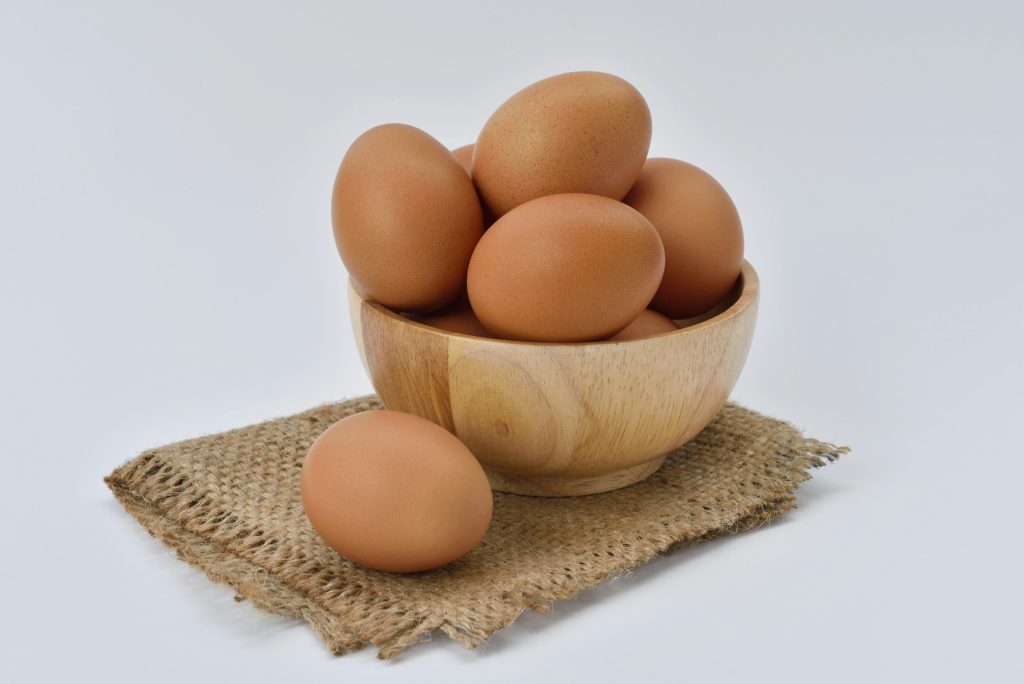All fields are required
Posted in Our Blog on February 24, 2025

Why are eggs so expensive? Goodness it seems like daily at our local chain store the price just keeps going up and up. Thankfully we do have backyard chickens, but that is for another post topic. We have to occasionally buy eggs at the store and let me just say that stings! I come home and quickly speak to the chickens that they need to meet their quota better next time.
Eggs are in so many things. A kitchen staple for meals, recipes and everything in between the incredible egg seems to be a topic on the minds of so many people.
The price of eggs is expected to skyrocket by more than 40% this year, according to the U.S. Department of Agriculture (USDA).
Over the past 12 months, prices have already risen steadily, going from $2.52 per-dozen for large, Grade A eggs in January 2024 to $4.95 this January, per data from the U.S. Bureau of Labor Statistics. The shell-shocking price increase of eggs is due to the highly pathogenic avian influenza (HPAI), also known as bird flu, outbreak. According to USDA, outbreaks of bird flu “resulted in the depopulation of 13.2 million birds in December 2024,” contributing to the national egg shortage.
Officials are scrambling to try to keep egg prices at bay. As of Feb. 20, the Nevada Department of Agriculture has temporarily suspended a previous state law requiring eggs to be cage-free—eggs that come from hens that do not live in cages. The agency also allowed for the sale of Grade B quality eggs, which are a lower quality than Grade A eggs and are typically used to make frozen and dried egg products.
In New York, Gov. Kathy Hochul announced on Feb. 7 that the state would be shutting down live bird markets after the virus was detected in seven markets in New York City.
American restaurant chain Waffle House announced they would be adding a 50-cent per egg surcharge to orders due to the egg shortage and rise in prices. “While we hope these price fluctuations will be short-lived we cannot predict how long this shortage will last,” Waffle House said in a Feb. 4 statement to the Associated Press.
And grocery store giants including Trader Joe’s, Costco, and Sprout have placed limits on the number of egg cartons patrons can purchase.
USDA said that the national egg supply is “light with little chance for improvement” in its weekly egg markets overview published on Feb. 14, as supplies remain unbalanced. Egg prices will continue to increase in price as people work to find new suppliers in the tight market. HPAI outbreaks remain persistent. Stocks of frozen eggs in storage have decreased, marking the lowest level of egg products stocks in the last decade, according to USDA. Thirty outbreaks have been confirmed in eight states. Ohio—one of the top states for egg production—Indiana, and Missouri appear to be experiencing the greatest impact, though they are just three of a slew of states reporting outbreaks.
If you are thinking that an easy solution to the expense of eggs seems like getting chickens there are a few things to know. Many chicks right now are in short supply just like eggs are right now. It is also important to know that many neighborhoods do not allow chickens which puts a damper on the plans of many backyard farmers.
Once you have acquired the chicks, they can take several months of freeloading… I mean feeding before they begin to lay. Many popular egg laying chickens can take 16-20 weeks to even see the first egg and often they do not become regular egg layers for many weeks.
The feed can be expensive, depending on where you live. We average around $20 for 50 pounds of feed. The more birds you have of course the more feed it takes.
There are plus sides to having backyard chickens but be sure to do your homework especially when it comes to being safe and also safely handling the birds.
For more information about backyard chickens and other important topics keep an eye on Make Food Safe.